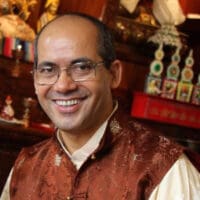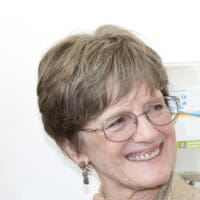Over the past six years, the Emory-Tibet Science Initiative has created a science education program designed to bridge Western science and Tibetan Buddhism, and scaffold mutual engagement. The program will grow exponentially as it rolls out across Tibetan Buddhist monasteries in India and Nepal, cultivating the grounds for deep, sustained conversations between science and Buddhism. This comprehensive six-year science curriculum includes philosophy of science, cosmology, life sciences, and neuroscience, and the scope of the program represents the most significant change in the Tibetan monastic curriculum in more than 600 years. The panel will present insights for advancing contemplative science that have emerged from the journey of creating a unique pedagogy for combining two distinct traditions for active inquiry: the scientific method and contemplative practice. Specially, such encounters have suggested new lines for research, novel modes of inquiry, and expanded definitions of contemplative practice that open exciting opportunities for contemplative science.

Lobsang Tenzin Negi, PhD
Emory University & Drepung Loseling Monastery
Fellow
Lobsang Tenzin Negi, PhD, is the founder and director of Drepung Loseling Monastery, Inc., in Atlanta, GA, and a Senior Lecturer in Emory University’s Department of Religion. He also serves … MORE

Carol Worthman, PhD
Emory University
Reviewer
Carol Worthman is the Samuel Candler Dobbs Professor of Anthropology at Emory University (Atlanta), where she also directs the Laboratory for Comparative Human Biology. After taking a dual undergraduate degree … MORE


Wendy Hasenkamp, PhD
Podcast Host, Mind & Life Institute
Planning Committee Member, Reviewer
Wendy is the host of the Mind & Life podcast, and former Science Director at the Mind & Life Institute. She is a neuroscientist, contemplative practitioner, teacher, and writer who … MORE

